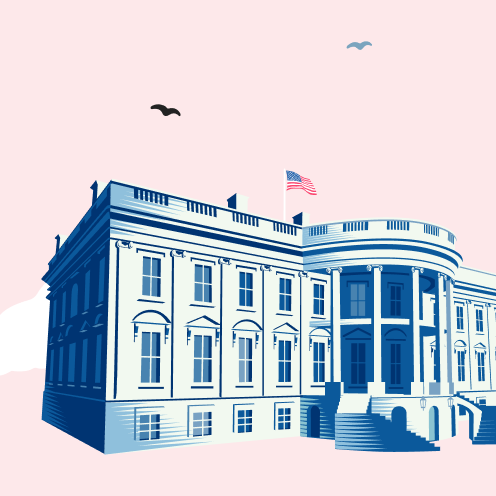Kenyan president William Ruto has withdrawn planned tax hikes after bowing to pressure from protesters who clashed with the police and briefly stormed the parliament building.
The proposed bill, which was withdrawn on Wednesday, would have introduced new taxes, including an eco-levy raising the price of goods like menstrual products and nappies amid the rising cost of living.
Police opened fire on demonstrators trying to storm Kenya’s parliament on Tuesday, leaving at least 23 people dead and dozens more injured, the Kenya Medical Association said.
Auma Obama, a Kenyan activist and the half-sister of former president Barack Obama, was among protestors who were tear-gassed during a protest in Nairobi against the new finance bill.
Protesters took to the streets in at least 35 of Kenya’s 47 counties, from big cities to rural areas – even in Mr Ruto’s hometown of Eldoret in his ethnic Kalenjin heartland, The Nation reported.
Despite the president’s announcement, the Kenyan police on Thursday put up roadblocks on the streets leading to the presidential palace as some protesters vowed to “occupy State House” and called for Mr Ruto’s resignation.
“Listening keenly to the people of Kenya who have said loudly that they want nothing to do with this finance bill 2024, I concede. And therefore, I will not sign the 2024 finance bill, and it shall subsequently be withdrawn,” he said in a televised address with lawmakers, some clapping, seated behind him.
Mr Ruto defended his push to raise taxes on items such as bread, cooking oil and diapers, saying it was justified by the need to cut Kenya’s high debt. He said he would now start a dialogue with Kenyan youth and work on austerity measures, beginning with cuts to the budget of the presidency.
Vice president Rigathi Gachagua asked young people to call off the protests to avoid any further loss of life and destruction of property, and blamed the intelligence services for giving the government poor advice.
“There would have been no mayhem, but they slept on the job,” Mr Gachagua said in a speech, calling on the head of the National Intelligence Service to resign.
The withdrawal of the bill is seen as a major victory for a week-old, youth-led protest movement that grew from online condemnations of tax rises into mass rallies demanding a political overhaul as Mr Ruto faces the hardest challenge after being elected almost two years ago.
Mr Ruto won on a platform of championing Kenya’s working poor, but has been caught between the competing demands of lenders such as the International Monetary Fund, which is urging the government to cut deficits to obtain more funding, and a hard-pressed population.
“Right now is not about just the finance bill but about #RutoMustGo,” activist Davis Tafari told Reuters.
“As political activists we have to make sure that Ruto and his MPs have resigned and fresh elections are held.” He added, “We occupy State House for dignity and justice.”
Boniface Mwangi, a prominent social justice activist, said: “Let’s not be foolish as we fight for a better Kenya.”
Other members of the protest movement continued to post on social media using the hashtag #tupatanethursday, or “see you on Thursday” in a mix of Swahili and English.
Kalonzo Musyoka, a senior opposition leader and former vice president, wrote on X that pulling the bill did not go far enough and he called on Mr Ruto to quit. “Many Kenyans died. Many Kenyans suffered serious injuries. It is currently beyond the Finance Bill, 2024,” he said.
The International Monetary Fund in a statement said it was closely monitoring the situation and was deeply concerned about the unrest.
“Our main goal in supporting Kenya is to help it overcome the difficult economic challenges it faces and improve its economic prospects and the well-being of its people,” the IMF added.
Source: independent.co.uk



